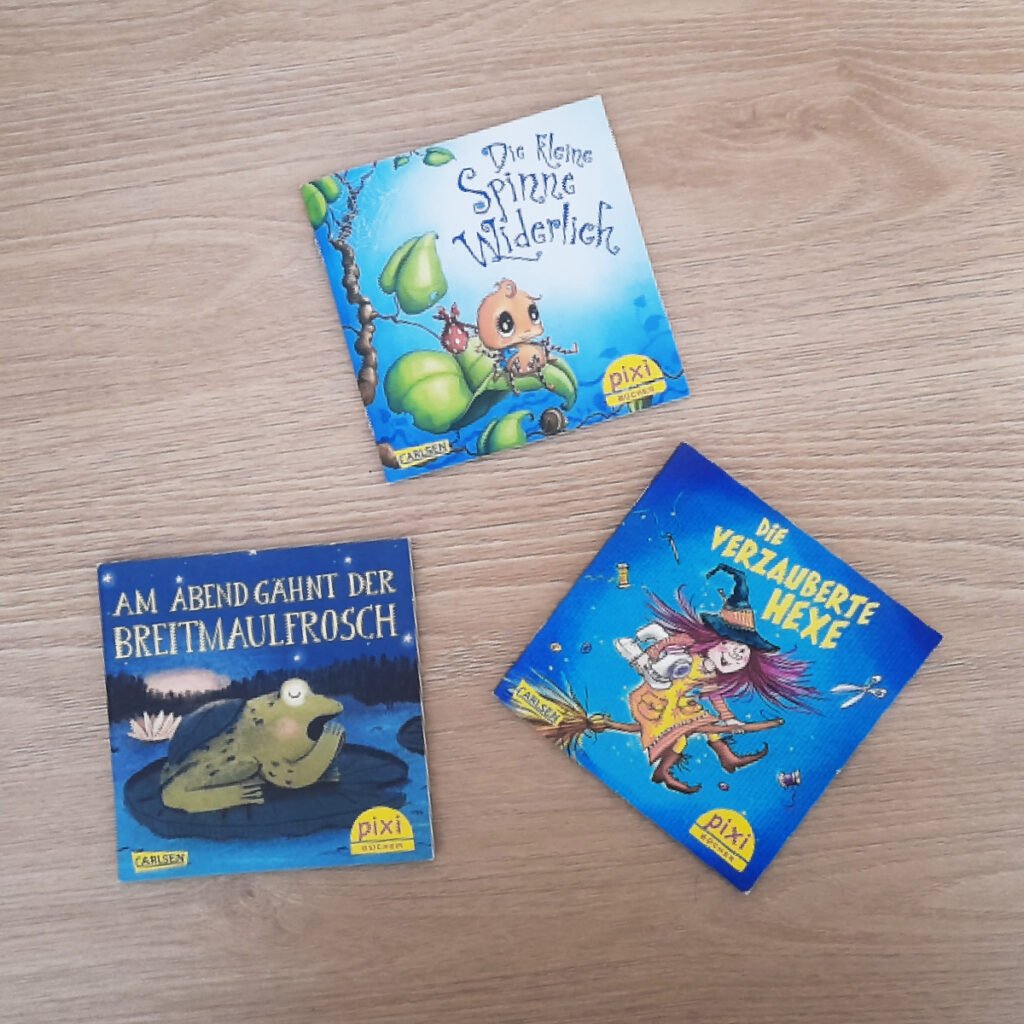articles
China Elevator Stories
From Lhasa to Hogwarts: Growing Up With Books
I have always been a lover of the written word.
25/05/2025

Ruth Silbermayr
Author

In my teenage years, I used to lock myself in my room on Sundays, and sometimes Saturdays, and read books, books, and some more books.
I have a natural interest in the written word and a great love and appreciation for storytelling. I have read stories about people who experienced the Second World War in Austria, about Jews who fled from the Nazis, or were detected, deported, and later killed (such as Anne Frank, whose house I visited in June 2013 in Amsterdam, when my Chinese ex-husband and I visited a few European cities during our honeymoon, traveling by train through Europe). I also read thrillers, Harry Potter, a few other fantasy books, and basically devoured any book I could find.
After I had started studying Chinese, I also started reading any book about China I could find. I enjoyed reading books about Chinese history, books about people who traveled through China, including historical travel reports such as those of a French woman called Alexandra David-Neel, who is known as the first Western woman to visit Lhasa in 1924 (when it used to be closed to foreigners), at the age of 55. She had started her 14-year-long travels through areas in Asia in 1911 and was a very adventurous woman with a lot of knowledge about local customs and traveling through dangerous areas.
I later also read books by Chinese-American authors such as Amy Tan, who has written great books about Chinese immigrants in the US, and how different generations of the same family experience life in the US, either as Chinese immigrants, or children and grandchildren of Chinese immigrants. She does a great job explaining Chinese traditions, and I devoured all of her books once I found them.
The same was true for Peter Hessler’s books about China. He is the most famous expat author, and his work was introduced to me by other expats in China, almost all of whom had read his books. He writes about China and its people in an intriguing way and has also written for The New Yorker. His stories are compelling—I couldn’t put his books down once I started reading them. After I had read all the books available at that time, I found myself wishing for more.
In my childhood, we had many books at home. I began reading when I was five years old. I remember my mother teaching me to read because I loved books and wanted to be able to read on my own. I recall sitting at our dining table, able to read every letter of the German alphabet except for Q, which was the last one I learned—I hadn’t learned it yet. When I started school, I noticed that many of the other children hadn’t learned the German alphabet at home and found it much harder to learn to read words. I sat in class, patiently waiting while others slowly sounded out German words.
In my family, books were plentiful, and I never ran out of books to read. Since I also have many brothers and sisters—four who came before me—I always found books for my age range. We didn’t live close to a library, and I only started going to the school library in high school. But before that, we had so many books at home that I never grew tired of finding new ones to read.
My maternal grandmother was also an avid reader. She had many books at home, and reading was her favourite pastime. She was an intelligent woman, and when I visited her, she would often open one of the cupboards where she had stored books and let me choose a book I could read while spending a few hours at her place.
I usually read books once and then switched to another one. I am always interested in reading new books and learning more about the world. When I liked a particular author, I would devour all the books they had written. My grandmother, on the other hand, could read books several times in a row. She didn’t grow tired of reading the same book two, three, or even four times if she liked it.
As for me, I devour books because I enjoy getting to know other people’s life stories. Once I’ve read one, I jump to the next—except for the Harry Potter series, which I used to improve my English starting at 13 and read several times in a row.
In my teenage years, I started reading English books. At first, this was difficult, and I didn’t understand much. But once I had developed some reading skills in English, it became easier.
I also really enjoyed reading books by German-language authors. Two great Swiss writers were among my favourites: Friedrich Dürrenmatt and Max Frisch—two of the most famous Swiss authors who wrote in German. Friedrich Dürrenmatt is known for his humour, and Max Frisch was the first person who introduced me to narcissism—not by naming it, but by showing it through a character’s gaslighting, long before “narcissism” was commonly discussed.
In one of Frisch’s stories, the main character carries a passport under the name James Larkin White. When he travels to Switzerland, he is arrested by the Swiss authorities. Other people identify him as a man named Stiller, not White.
Up until the very end of the story, Stiller insists he is White. The story shows how a narcissist gaslights the people around him until the very end. Eventually, we learn that he was Stiller all along, not White.
During his time in a Swiss prison, his wife—whom he pretends not to know—visits him regularly. Right up until the end, Stiller plays a character, pretending he doesn’t know his past or who he truly is.
He is Swiss but had left Switzerland for the US after the Second World War, choosing to live as White in America.

Some children are naturally interested in reading—and in reading a lot. My older son, for example, was an avid reader when he was little. At noon and in the evening, when I read books to him before bed, he didn’t want to stop after the third book. He would start crying when I stopped reading after three books (when he was about two years old), so we usually agreed on four books instead. I was pregnant and needed to nap during the day, and he usually needed a nap too. I probably could have read ten books and he still wouldn’t have wanted to sleep—he loved stories that much.
Others enjoy different activities more.
If you had access to free information that wasn’t as censored in your childhood, you’d likely notice changes in the flow of online content—on YouTube and other platforms. Not all platforms are equally affected, but once censorship becomes severe, you’ll recognize it. You’ll notice the lack of different sources, the narrowing of available information and opinions, and recurring patterns.
I still love reading. There’s nothing better than authors who share what has been going on—historically and in the present—in an uncensored, truthful way. I love stories that describe how other people experienced certain times in history and allow us to spot similar tendencies and behaviors in people, helping us draw our own conclusions. When someone described how people acted in Austria between the World Wars, I could immediately recognize the similarities. Though I would never have thought people today would behave in the same way—they do. Stories help us spot patterns, observe whether dynamics are similar or different, and discern whether the way things unfolded back then resembles what is happening now.
Are you an avid reader?